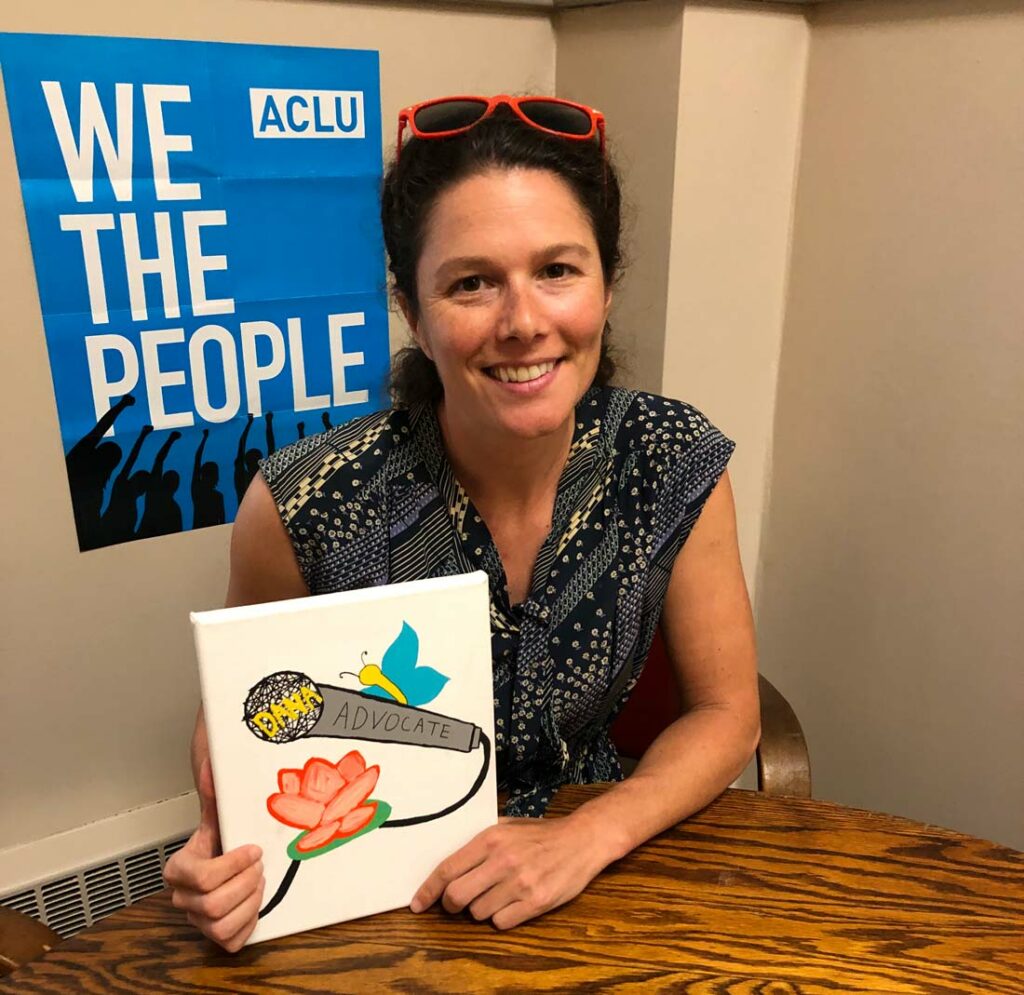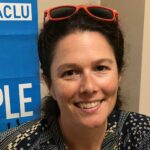What I’m teaching
Introduction to Women’s, Gender, and Sexuality Studies
What I’m focused on
My research interests focus on understanding how institutional responses to domestic violence, sexual assault, and stalking affects survivors’ experiences of security and autonomy. What I mean by security is not just physical security but also emotional and economic security. My research interests are informed by my former professional experience working as a victim’s advocate. I provided advocacy services to survivors for five years, three of which were in State College, Pa., where I worked for a community-based domestic violence and rape crisis center specializing in legal advocacy, and the other two were at the University of Washington, where I supported student survivors as they navigated the Title IX, criminal, or civil justice systems.
My current project examines technology-enabled coercive control. I’m working to understand how technology is used as a tool by abusers to stalk, harass, monitor, and surveil survivors. This includes everything from distribution of intimate images, to harassment on social media, to installing malware on a phone or computer that records keystrokes so abusers can see who the survivor is communicating with, to GPS tracking, and other apps that allow an abuser to access the location of a survivor. This is a community-based project conducted in collaboration with partners in Seattle. What we’re learning is that tech abuse makes stalking and harassment really easy. Abusers have to do way less work than before to monitor and surveil their victims. Even though the abuser might not be physically present, the impact is still extremely significant on the survivor.
What students can expect from me
My role is to support students and their scholarly and educational goals. I firmly believe that students have the ability to make a real impact on the world, and often times it is our student generation who is leading the next wave of change. As a feminist geographer, I’m interested in supporting students who want to contribute to a more socially just world through feminist research and activism.
What is a feminist geographer?
Feminist geographers are interested in understanding how social identity (like gender, sexuality, and race) intersects with space, place, and scale. Feminist geographers often focus on how we can find power and politics in the everyday and intimate spaces of our lives and seek to understand how the everyday connects to broader processes that might be occurring at state or global scales. For example, I study state responses to domestic violence. We often think of domestic violence as a private space issue; it’s a form of violence that typically happens in the home. As a feminist geographer, I’m interested in understanding how this idea of domestic violence as “private” affects the way our “public” institutions—like the police and courts—respond to the problem of domestic violence.
What gives me hope
I’m seeing a resurgence in activism among young people, and that’s exciting for me as a feminist scholar and as someone who’s interested in helping students develop their ability to express themselves and use their voices to make change.
 What I’m holding
What I’m holding
This was made for me by a student survivor at the University of Washington. I supported her through the Title IX process, and she made this for me when the investigation and hearing were over. I hold this near and dear to my heart because it’s a reminder that I’m in a position, whether through research, teaching or advocacy, to lend my expertise and give voice to and support survivors who are seeking accountability and working toward a world without gender-based violence.
 Assistant professor of women’s, gender, and sexuality studies
Assistant professor of women’s, gender, and sexuality studies What I’m holding
What I’m holding